Digital education is the new electricity
A word from the EEA Chair - Jannie Jeppesen
This week, we were invited to the launch of the European Commission's midway review of the Digital Education Action Plan 2021-2027 (DEAP) in Brussels. It was a moment to reflect on progress, yet it underscored the urgency of our journey ahead. Are we doing enough to secure Europe's competitiveness? And do we need a digital strategy for education?
In our daily lives, from checking football scores, and navigating disinformation and security issues, to managing our household finances or keeping in touch with our loved ones, digital skills are a vital component of citizenship. Yet, shockingly, almost half of Europeans lack even the most basic digital skills and as we know, 90% of all professional roles now demand digital proficiency. Digitisation is fast becoming a question of empowerment and democracy.
The DEAP sets the ambitious target of achieving 80% digital literacy by 2027. To meet these goals we must increase these skills by 6% annually. This is a massive undertaking. Governments must step up. In November 2023, EU Member States signed recommendations that include setting national digital strategies for education and training, investing in teachers' professional development, enhancing tools, infrastructure, and equipment, and fostering public-private partnerships. As these are “soft law” it is up to each government to actually set policy to improve their competitiveness.
In this era where the digital and physical worlds are so closely intertwined, we cannot simply turn the switch off. Digital is a ubiquitous part of private and work-life, education, growth and democracy, in the same way as we experience electricity today. By not having an equal distribution of skills providing access to these digital spaces, we are creating a divide similar to the one we see in areas without access to electricity. In order to bridge these gaps, we need digital strategies, that value inclusivity, critical thinking, and collaboration between all stakeholders. And it is very clear that the countries who put such a strategy into action will be the winners of the future.
We strongly believe that the intersection between research, the education sector, and the European edtech industry is where we will find the nuanced solutions together. Understanding the skills goals we have and the need for equitable digital access in our world today, we can’t accept a lack of strategy for digital education, like there has been for electricity. To get there, we will need meaningful collaborations between stakeholders: Its a joint responsibility.
